Pope Francis’ passing at 88 has sparked questions about succession. However, one thing is certain: the next pope will not be a woman.
The next Pope will be chosen in a secret conclave – but all candidates are male
After Pope Francis’ death, cardinals will gather in the Sistine Chapel to choose the next leader of the Roman Catholic Church.
This event, called the Papal Conclave, begins no sooner than 15 days after the pope’s passing.
It’s always held in strict secrecy.
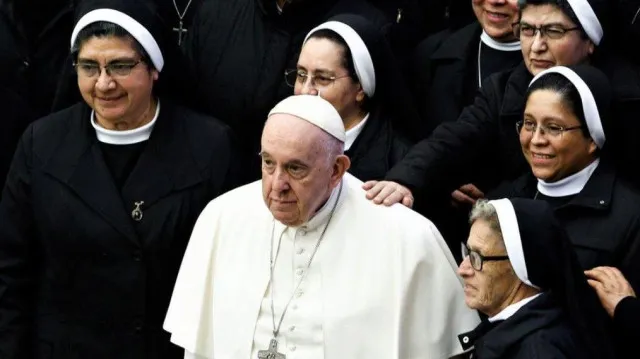
Although any baptized Catholic male is eligible, the Church typically selects a cardinal who already holds a high-ranking ecclesiastical office.
However, the 138 eligible candidates this year are all male.
That’s not by coincidence, but by long-standing Church law and tradition.
Why woman are not eligible to become Popr in the catholic church
The reason women cannot become pope lies in the Church’s requirement that popes be ordained priests. This is something not permitted for women
Since the pope must be a bishop or cardinal, and only men can be ordained, female candidates are excluded from consideration.
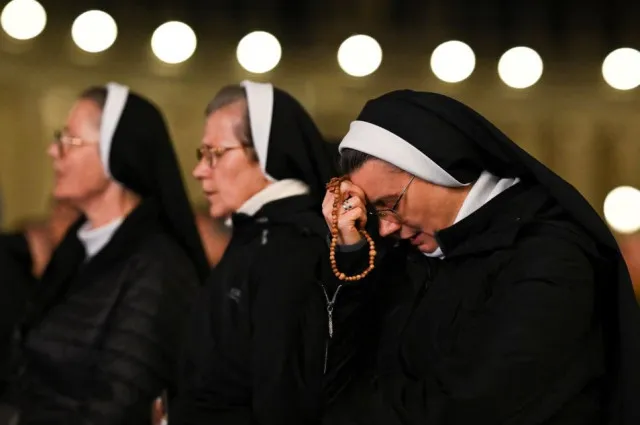
Additionally, this tradition has endured since the Church’s early foundations.
All 266 previous popes have been men, tracing back to Saint Peter.
The Catholic Church has never opened priesthood to wome
Despite many reforms, the Catholic Church has never opened the priesthood to women.
This has, by default, blocked the possibility of a female pope.
Pope Francis, known for his liberal reforms, was often praised for expanding women’s roles in the Vatican.
However, priesthood was never among the areas he reformed
He lived modestly, declined his papal salary.
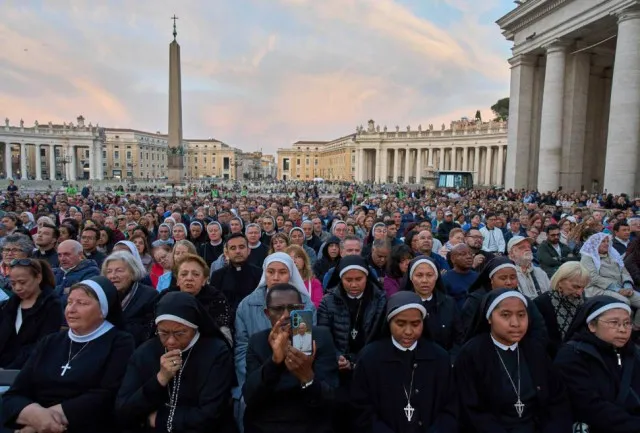
He also appointed non-Europeans to cardinal positions to diversify Church leadership worldwide.
Still, he upheld the Church’s teaching that women cannot be ordained.
Additionally, he also cited spiritual and theological principles over practical or political concerns.
In an interview with America Magazine, he explained, the Church ‘is woman’ and ‘is a spouse,’ with the religion yet to develop a ‘theology of women that reflect this’ before highlighting the existing Marian principle of femininity.
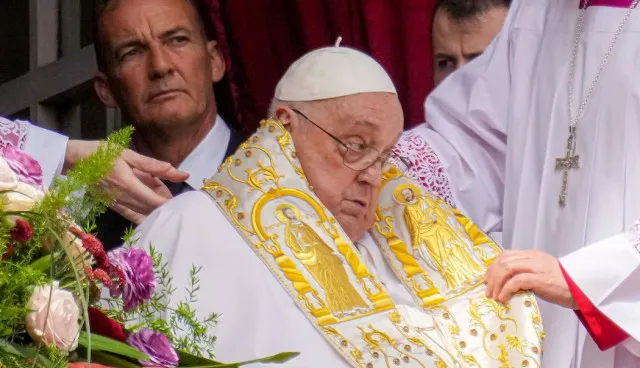
“Therefore, that the woman does not enter into the ministerial life is not a deprivation. No. Your place is that which is much more important and which we have yet to develop, the catechesis about women in the way of the Marian principle.”
Additionally, he also emphasized women play a different, yet equally essential, role in the Church rooted in what he called the Marian principle.
Pope Francis argued for a different theology of women in the church
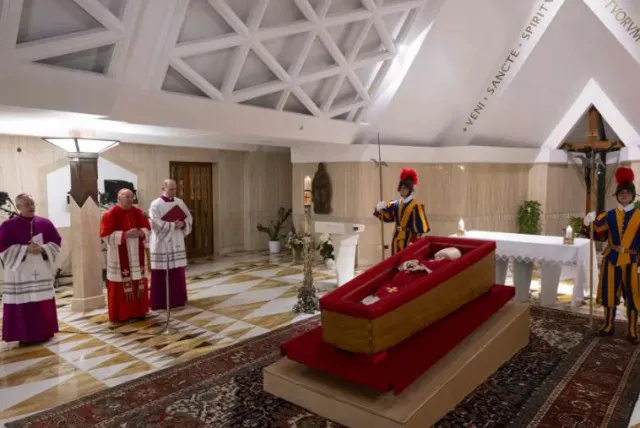
Francis frequently spoke about developing a theology that better honors femininity, especially the symbolic role of Mary, mother of Jesus.
He argued that exclusion from the ministerial priesthood is not deprivation, but rather a sign of women’s unique spiritual contribution.
“The Church is woman,” he said, referring to the Church as the bride of Christ, emphasizing symbolic rather than sacramental roles.
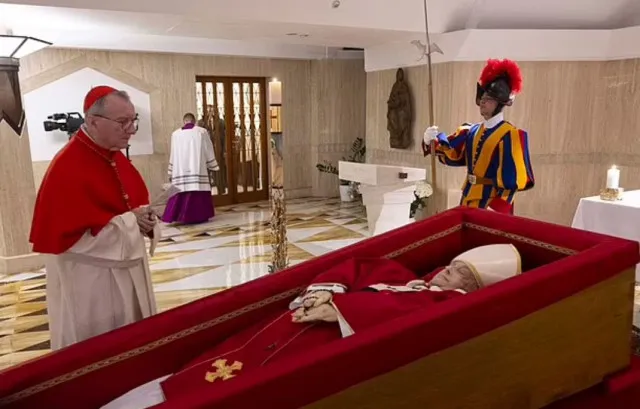
The Popr did push for women in leadership—just not priesthood
Francis did elevate women to influential Vatican roles.
He also called their perspective essential to good governance and administrative decision-making.
He appointed five women to Vatican economic councils and said their inclusion marked “a revolution” in Church governance.
“The advice of a woman is very important,” he added. “And often, a woman’s decision is even better than a man’s.”